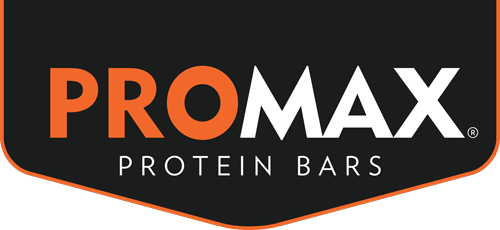The Ketogenic Diet is based on a very low carbohydrate intake and a very high fat intake. When you do this it puts your body in ketosis, which is a state in which your body burns fat, rather than carbohydrates for fuel. The Ketogenic Diets guidelines insist for a ratio of four grams of fat for every one gram of protein or carbohydrate. The Ketogenic diet shoots for near-zero carbs and is normally around 10-15 grams of carbs a day. That amount of carbs equals 10-15 grapes… for a whole day.
While the carbs are very low, the fat is very high. The diet varies in proportion of protein but is generally low. You can eat a small amount of protein- meat, poultry, fish, seafood, eggs. A large amount of high-fat foods- avocado, oils, nuts and nut butters, bacon, egg yolks, butter, and cheese. And also a small amount of low carbohydrate vegetables- leafy greens, brassicas, asparagus, cucumber, celery, tomatoes, peppers, mushrooms, and zucchini. You cannot eat most dairy (except high-fat items like butter and certain cheeses), fruit, grains, beans & legumes, starchy vegetables, slightly sweet vegetables, most processed foods (except pork rinds).
Pros
The main reason people go on the Ketogenic Diet is to lose weight. Ketosis may help you improve your body composition because your body burns fat in ketosis. It also increases thermogenesis- the amount of calories you burn daily. If you eat less calories, your body will burn stored body fat, not just fat from food. It reduces insulin levels and decreases insulin resistance. Ketogenic Diets were originally created for epilepsy management because ketosis produces an aid in controlling seizures. The brain normally runs on glucose, which is derived from carbohydrates, so because involves less carbohydrates it may induce a change in brain chemistry that in turn limits seizures. Most people who follow the ketogenic diet have experienced half as many seizures as before and some even find complete relief.
Cons
While there are some benefits of the Ketogenic Diet there are also some adverse health effects. Consuming a high-fat diet can be detrimental to your long-term health due to the fact that high-fat foods are high in saturated fat, which can increase your risk of heart disease. Also, high-fat diets may cause injury to brain cells that help control your body weight. The diet also requires an adaption period of 1-2 weeks that can be very uncomfortable. It's a very restrictive way of eating and can be very difficult to eat out or at a social gathering. A low-carb diet like this means it is also low in fiber. For Athletes: Unless you're an ultra-endurance athlete, following the Ketogenic diet probably won't improve your performance. Due to the high anaerobic energy needed to compete, the Ketogenic diet does not provide the high rate of energy product needed for maximal performance. Also, fasting and restricting calories and nutrients can be stressors on your body which will also be detrimental to you. If you do decide you want to try the Ketogenic diet it is important to increase the protein intake to as high as 30 percent of the diet.
The easiest way to add that to your diet is with the Promax Original line with 20g of complete protein and 18 vitamins and minerals. As always it is important to consult your doctor before going on any diet. Especially when thinking about the Ketogenic diet because Ketosis can be very dangerous. Sources: http://www.livestrong.com/article/460061-ketogenic-menus-meal-plans/ http://www.precisionnutrition.com/ketogenic-diet http://main.poliquingroup.com/ArticlesMultimedia/Articles/Article/1474/Pros_Cons_of_A_Ketogenic_DietMany_Benefits_Includi.aspx
